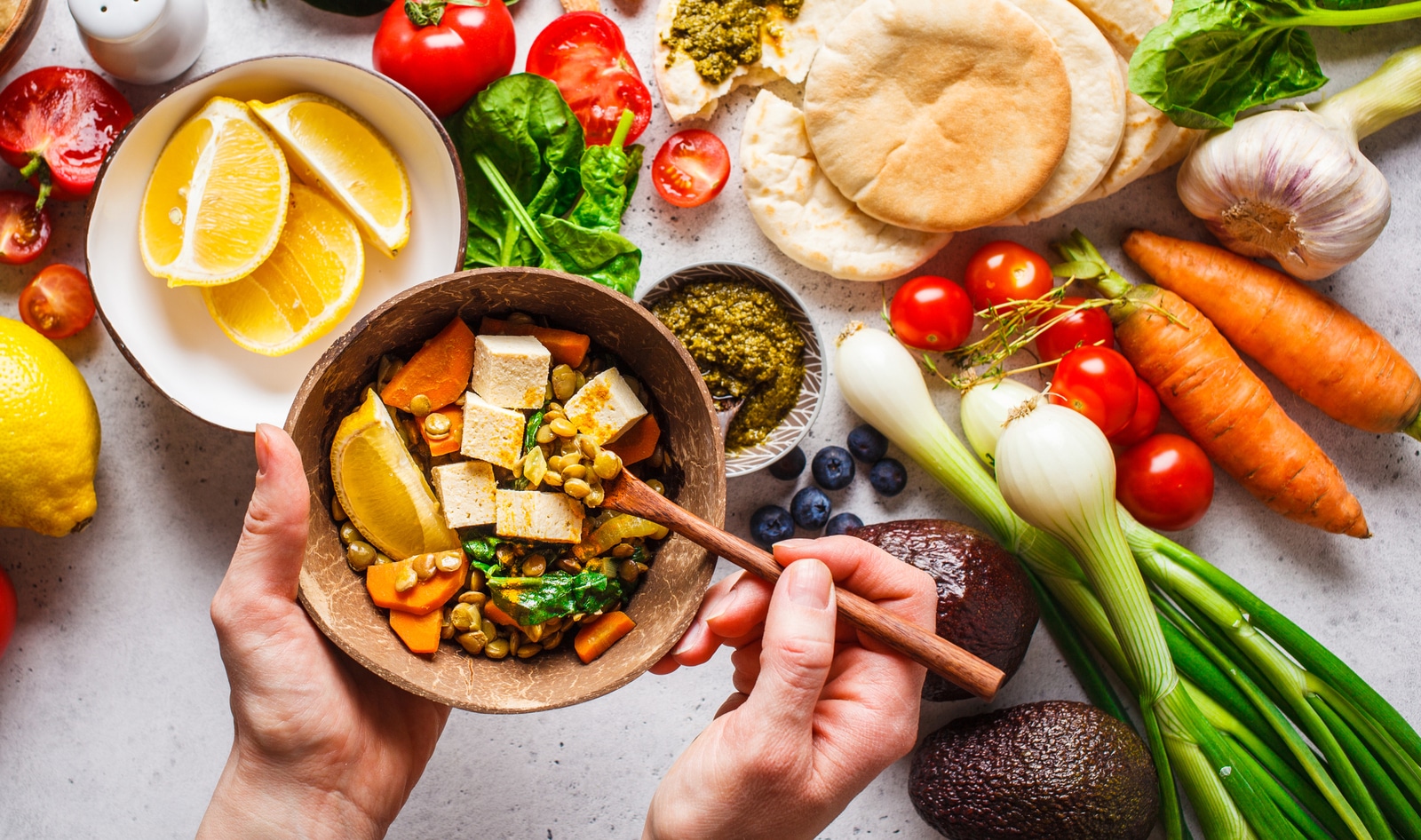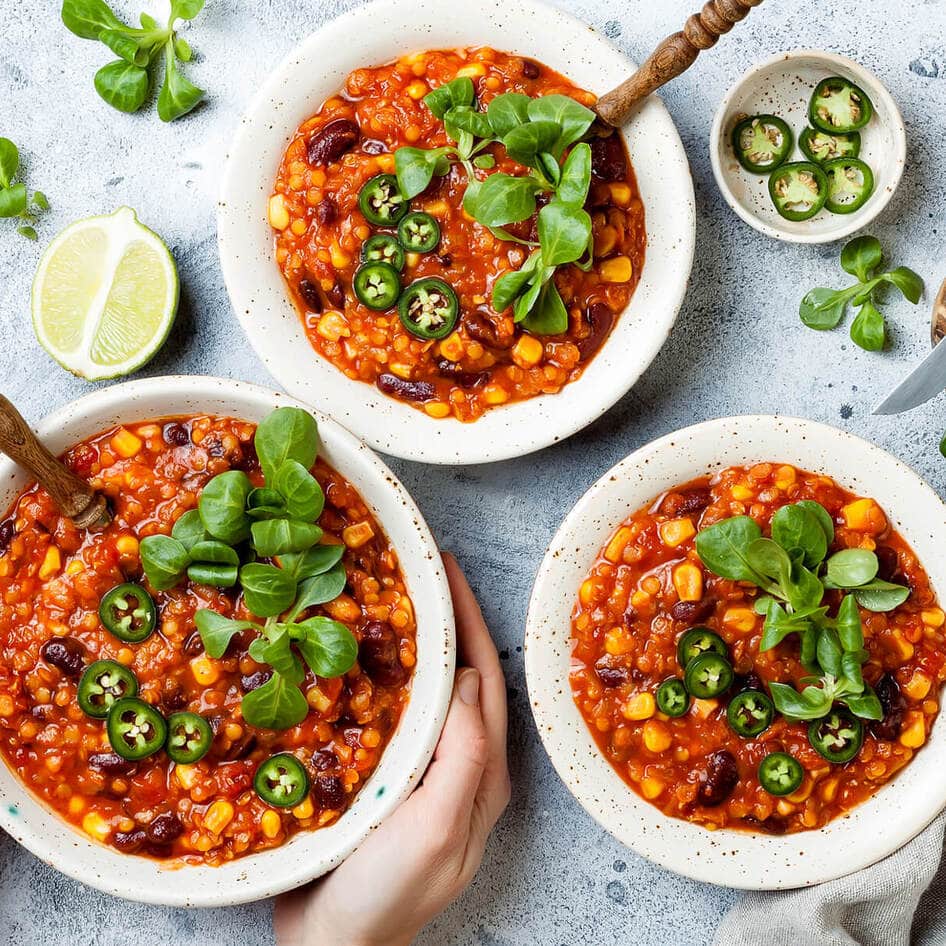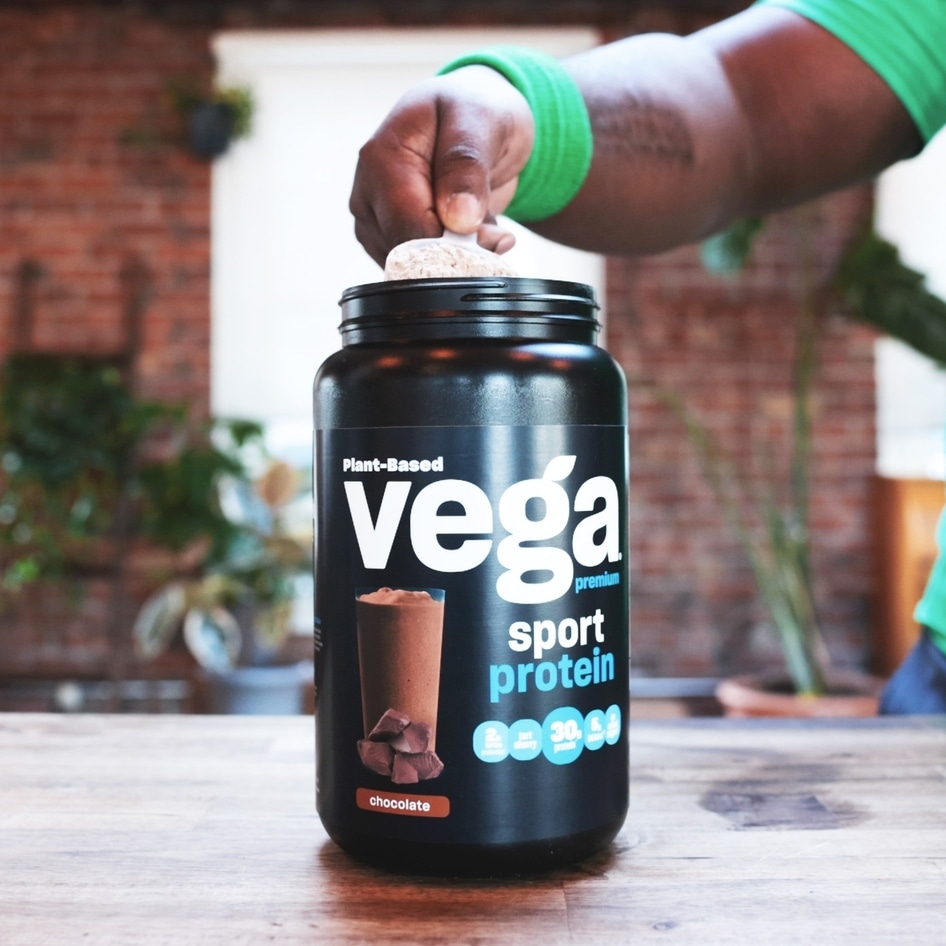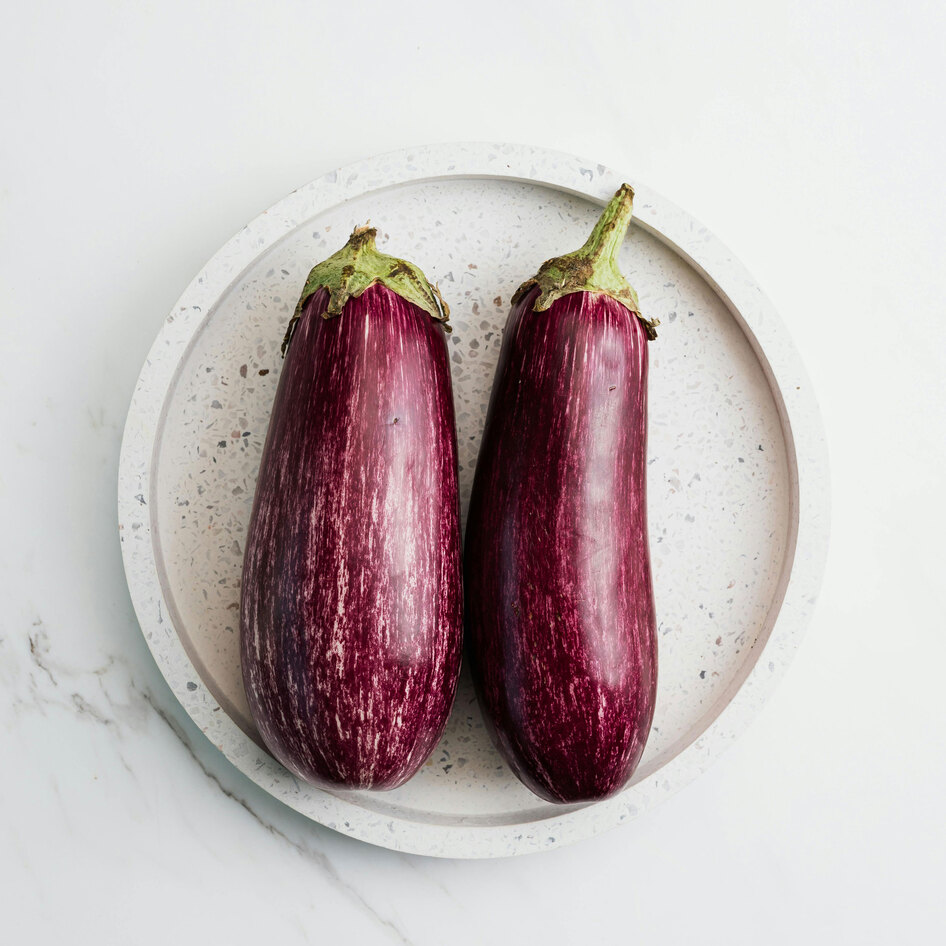Plant-based diets have been linked to a range of health benefits—from lower risks of heart disease and certain cancers to improved weight management and a lighter environmental footprint. With more people embracing veganism for both ethical and health reasons, it’s clear that a well-planned vegan diet can be nutritious, sustainable, and satisfying.
But recent research out of New Zealand is shedding light on an important detail: while most long-term vegans are getting enough total protein, it’s important not to miss out on two essential amino acids—lysine and leucine—that play crucial roles in muscle maintenance, immune function, and overall health.
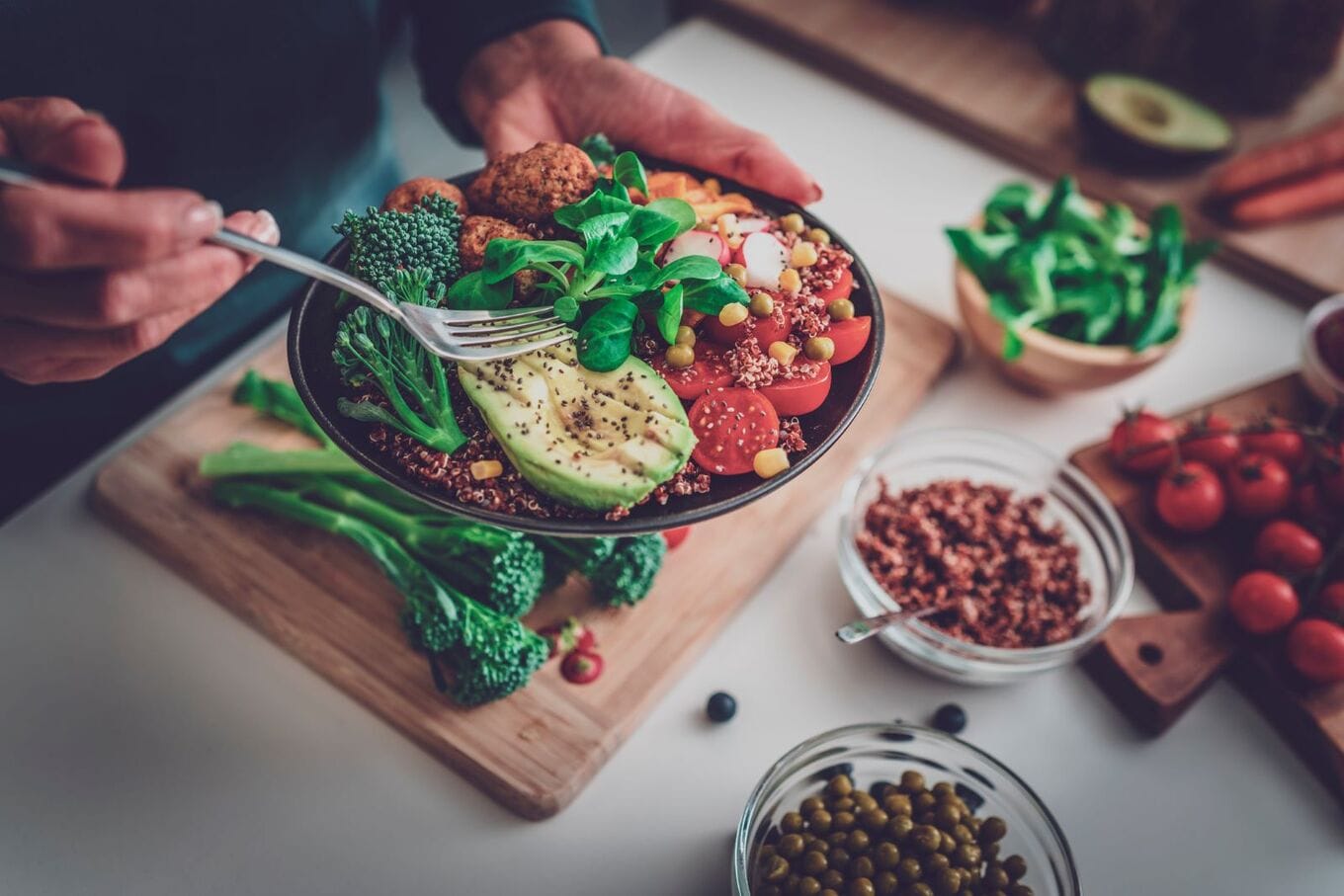 Getty
Getty
In a small study published in the research journal PLOS One, researchers at Massey University analyzed the diets of 193 long-term vegans. Using detailed food diaries, they tracked how much of each amino acid participants were getting and how well their bodies might absorb those nutrients.
BECOME A VEGNEWS VIP: Get exclusive product deals, freebies, and perks galore!
The good news? About three-quarters of people were meeting their daily protein needs. The catch? Only about half were getting enough lysine and leucine once digestibility was factored in. Compared to animal-based foods, plant-based foods have more varied levels of indispensable amino acids the body can use.
“Achieving high protein quality on a vegan diet requires more than just consuming enough protein—it also depends on the right balance and variety of plant foods to supply all the amino acids in the quantities that our body needs,” the study authors said.
These findings don’t mean a vegan diet is lacking—it just highlights the need for smart food choices. According to Anna Herby, DHSc, RD, CDE, nutrition education specialist with the Physicians Committee for Responsible Medicine, who was not involved in the study, all plant foods contain all the essential amino acids—just in varying amounts.
“For most people, getting enough of these amino acids on a plant-based diet is easy. They are found in all plant foods, but higher amounts are in legumes, nuts, and seeds,” Herby tells VegNews. “By following a well-balanced and varied diet focused on whole grains, legumes, fruits, and vegetables, most people will get adequate leucine and lysine, and perhaps even more than they’d need any given day.”
What are lysine and leucine?
Proteins are built from amino acids, nine of which are considered “indispensable” because the human body doesn’t synthesize the amino acids, so we must get them through food. Lysine and leucine are two of them. “They are both building blocks for proteins and play important roles in the body,” Herby says.
 Getty
Getty
Lysine is used by the body to create carnitine, which plays an important role in energy production. Leucine is especially important for muscle recovery and synthesis after a workout because it helps increase transport of other amino acids into the muscle.
In addition to knowing that all plant foods contain all essential amino acids, Herby notes that it’s important to know that the body has its own “pool” of free amino acids to use whenever a certain amino acid is needed. “You can think of it like recycling,” Herby explains. “When proteins get broken down, the amino acids are able to be reused. So even if dietary intake of lysine or leucine is low, there is a reserve that the body can use.”
How do you get amino acids on a vegan diet?
The study found that legumes and pulses—such as lentils, chickpeas, beans, and peas—were the main contributors to both total protein and lysine intake. Nuts and seeds—especially pumpkin seeds, sesame seeds, and peanuts—also played a key role, particularly in boosting leucine levels. “The inclusion of legumes, nuts, and seeds emerged as valuable plant sources—not only to support overall protein intake but also to specifically increase lysine and leucine quantities in a vegan diet,” the study authors point out.
Herby agrees these are excellent sources of both lysine and leucine. “Lentils, chickpeas, split peas, and soy products offer an abundance of nutrients, including lysine,” she says. Soy products such as tofu, tempeh, and edamame are also high in both lysine and leucine; and oats and quinoa are grains that will provide leucine. “While these foods are especially high in those amino acids, lysine and leucine can also be found in smaller amounts in other plant foods like fruits, whole grains, and vegetables,” Herby adds.
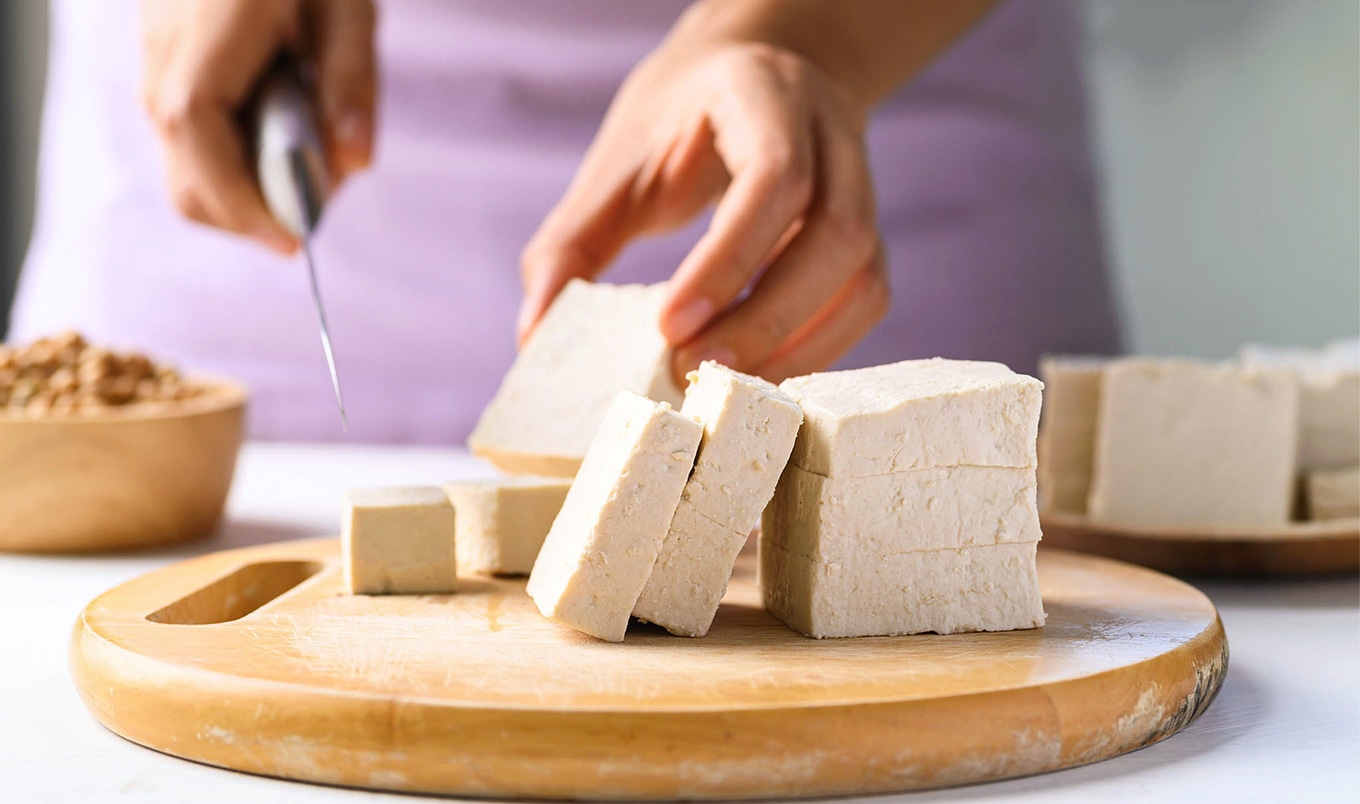 Adobe
Adobe
The study results underscore the importance of food variety and balance in vegan diets—not just hitting a protein target, but ensuring all essential amino acids are covered. To optimize lysine and leucine intake, vegans can:
- Prioritize legumes: Incorporate lentils, black beans, chickpeas, kidney beans, and soy-based foods like tofu, tempeh, and edamame regularly.
-
Add nuts and seeds: Include sources like peanuts, pumpkin seeds, sunflower seeds, hemp seeds, and almonds in your daily diet.
-
Explore grain-legume combinations: Pairing whole grains (like quinoa or brown rice) with legumes can improve amino acid balance.
-
Use plant-based protein powders: If needed, supplements like pea or soy protein can help bridge gaps, especially for athletes or those with higher protein needs.
The study emphasizes that a well-planned vegan diet can provide all essential amino acids, but achieving this requires more than just tracking total protein—it suggests a thoughtful selection of high-quality plant foods.
For more plant-based stories like this, read:
JUMP TO ... Latest News | Recipes | Guides | Health | Subscribe

